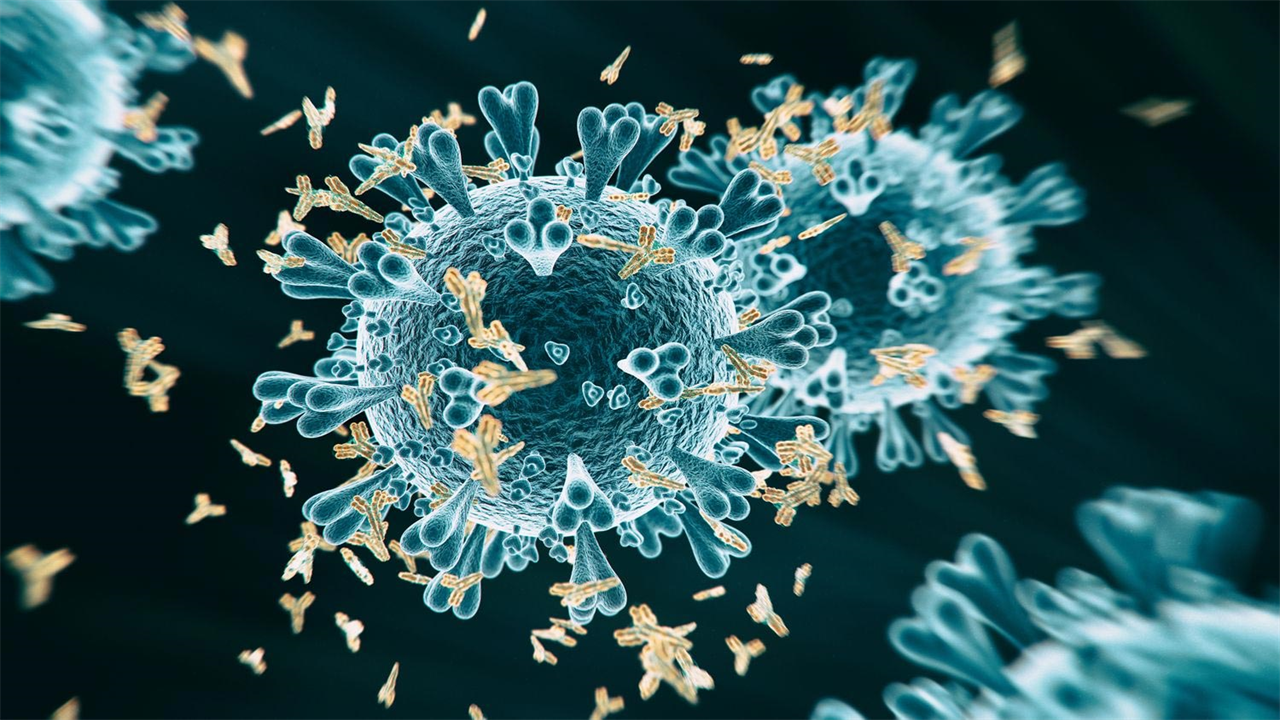Infection Plus Vaccination Yields Better Protection Against COVID-19 Variants
0 View
Share this Video
- Publish Date:
- 7 December, 2021
- Category:
- Covid
- Video License
- Standard License
- Imported From:
- Youtube
Tags

Antibodies to the SARS-CoV-2 spike protein produced by the immune system can help identify and ward off future infections, but not all antibodies are created equal. People who recovered from COVID-19 early in the pandemic or received a current vaccine may not be able to ward off new and emerging variants.
But this week, researchers report in mBio, an open-access journal of the American Society for Microbiology, that the combination of the 2 may yield a more powerful defense. According to the study, people who have had an infection and received a vaccine have high-quality antibodies that work against spike variants — and more effectively than either group alone.
“It shows that the quality of antibodies can improve over time, not just the quantity,” says immunologist and physician Otto Yang, MD, of the David Geffen School of Medicine at the University of California Los Angeles. Finding the optimal mix of antibodies could aid in future preventive efforts. “It is fitting to understand what the optimal vaccination regimen is,” said Yang, who led the new study.
The pandemic continues to propagate, in part because as the coronavirus spike protein — which helps the virus infiltrate a host cell — evolves, new variants emerge that spread the infection more easily from person to person. As a result, antibodies a person has developed after an early infection or after vaccination may not adequately protect the body against these newer emerging variants.
A region of the spike protein called the receptor binding domain or RBD allows the virus to enter a host cell. This region is also a critical target for antibodies, but random mutations in the RBD mean it is an ever-changing target. In the new study, Yang and colleagues compared anti-RBD antibodies in participants’ blood with the ability of the antibodies to neutralize the virus.
In uninfected patients who received 1 of 2 COVID-19 vaccines, the researchers found antibodies that were less effective against mutations in the new variants (such as Beta or Gamma) than against the original genetic sequence encoded in the vaccine . Similarly, when the researchers analyzed blood samples from people infected with the coronavirus before May 2020 — before the first confirmation of variants — they had reduced potency against newer variants compared to the original. These findings suggest that both mild infection and vaccination produce antibodies that still make a person vulnerable to new variants.
But the results differed dramatically for individuals infected before May 2020 and vaccinated a year later. In these previously infected, vaccinated individuals, the researchers found antibodies that were unchanged in efficacy against the original sequence, but just as potent against new variants. Yang said those results are in line with similar findings from other groups, published earlier this year, who also show high-quality antibodies in people who had been infected and vaccinated.
“We might have predicted that antibodies would continue to evolve and get better with multiple exposures,” Yang said, “but we didn’t expect it to happen so quickly.”
Studies like this that show how antibodies change in quality could help researchers improve the implementation of vaccines and boosters — not just for COVID-19, but for the next pathogen that comes along, Yang said.
Reference: “Infection plus vaccination yields better antibodies against COVID-19 variants” by F. Javier Ibarrondo, Christian Hofmann, Ayub Ali, Paul Ayoub, Donald B. Kohn, and Otto O. Yang, December 7, 2021, mBio.
DOI: 10.1128/mBio.02656-21










